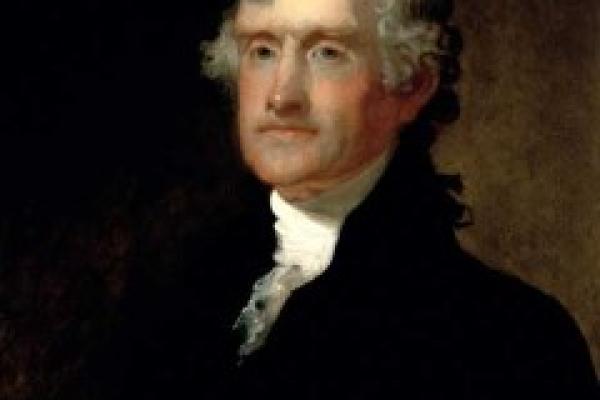Jan 16, 2013
Today is Religious Freedom Day — a day to celebrate the adoption of Thomas Jefferson’s Virginia Statute for Establishing Religious Freedom. Why celebrate it?
Celebrate because our government does not use our tax dollars to propagate religion, something Jefferson found “sinful and tyrannical.” This does not mean that you have a right to stop any government action that you happen to think violates your religious beliefs — a ridiculous claim repeated during last year’s battle over insurance coverage for contraceptives.
Read the Full Article

Already a subscriber? Login
